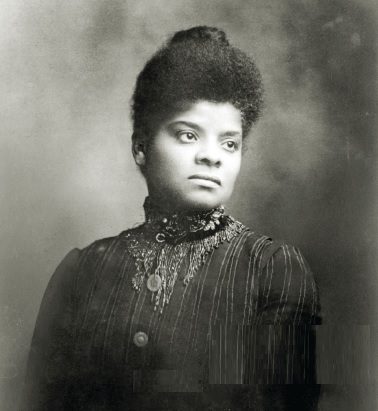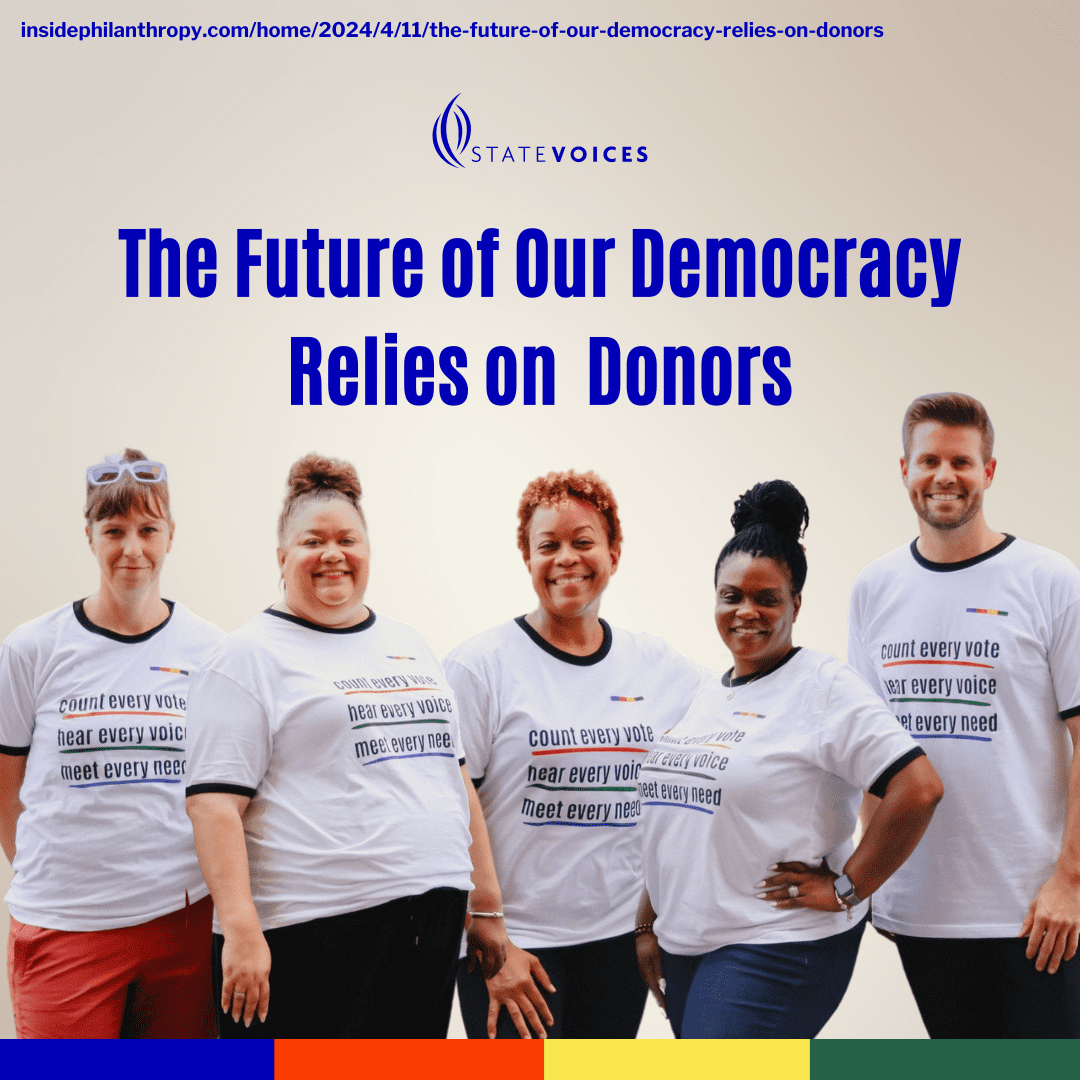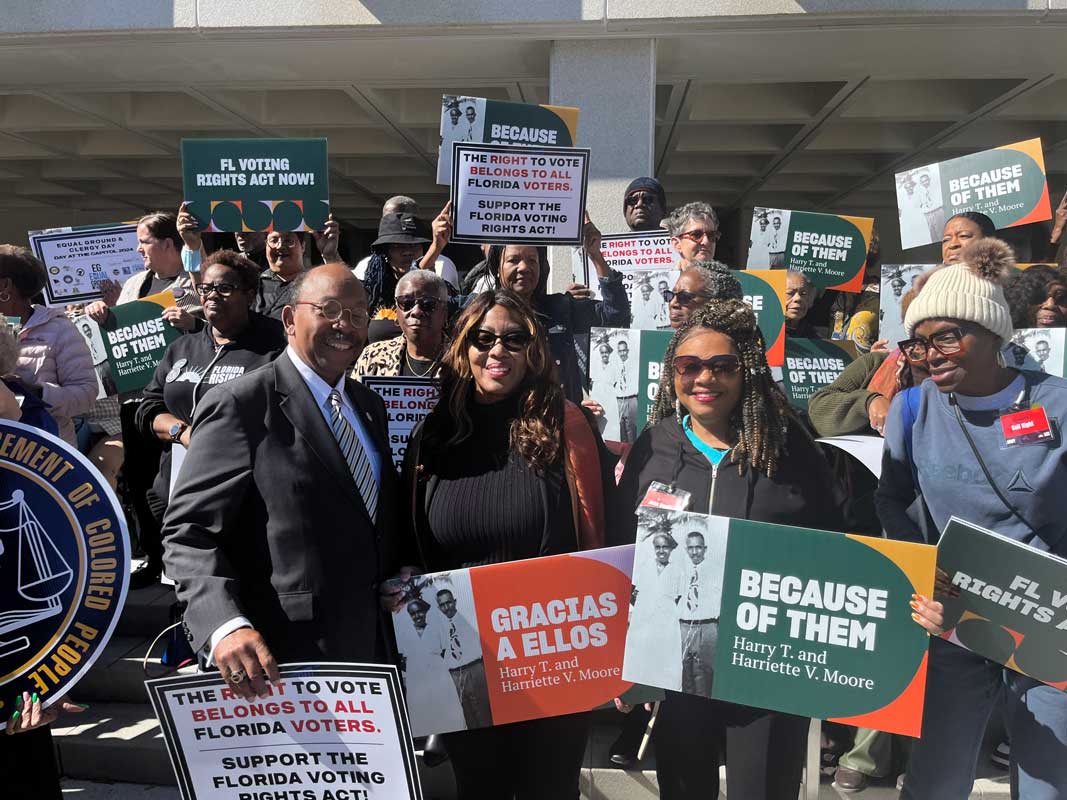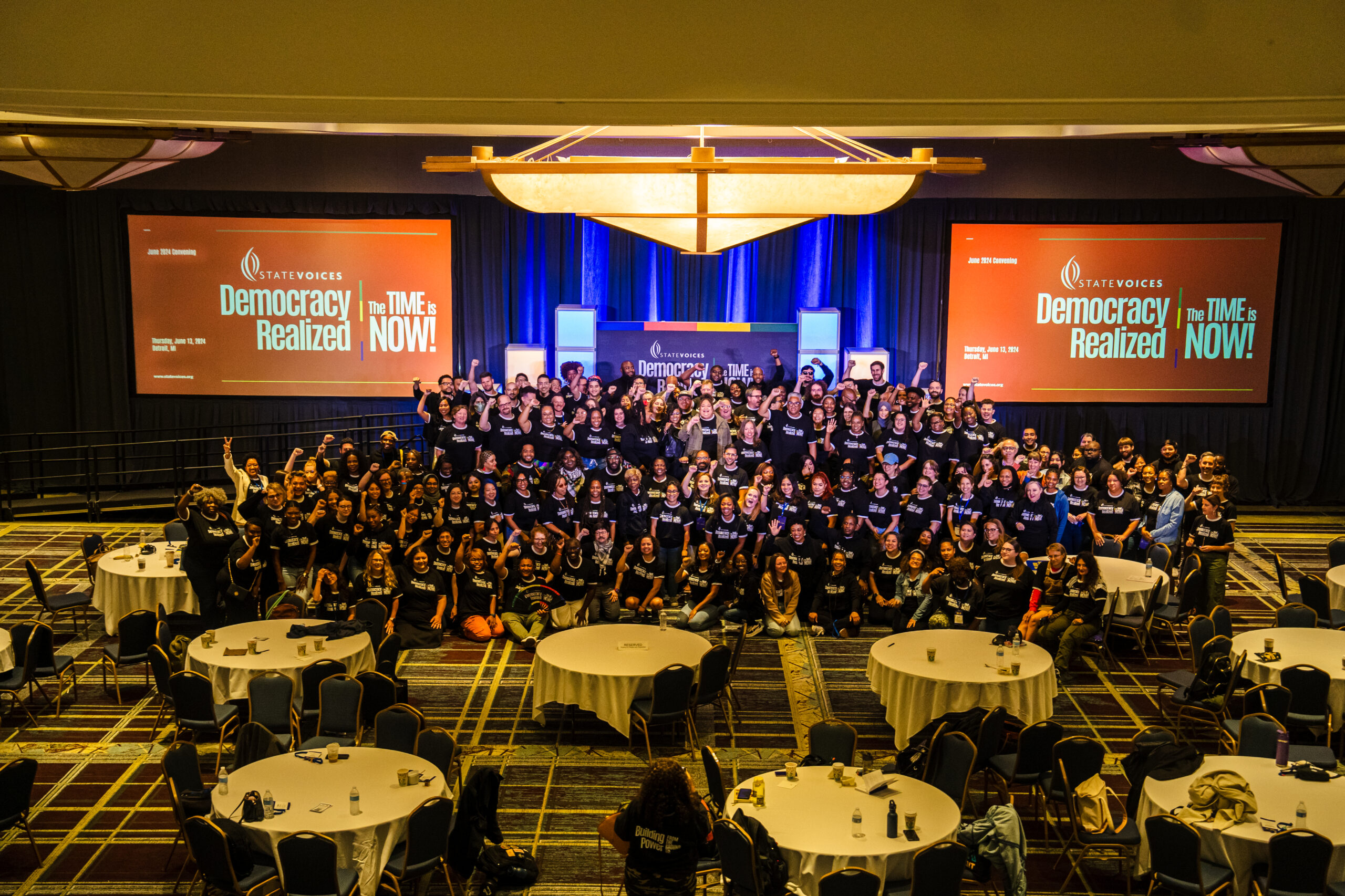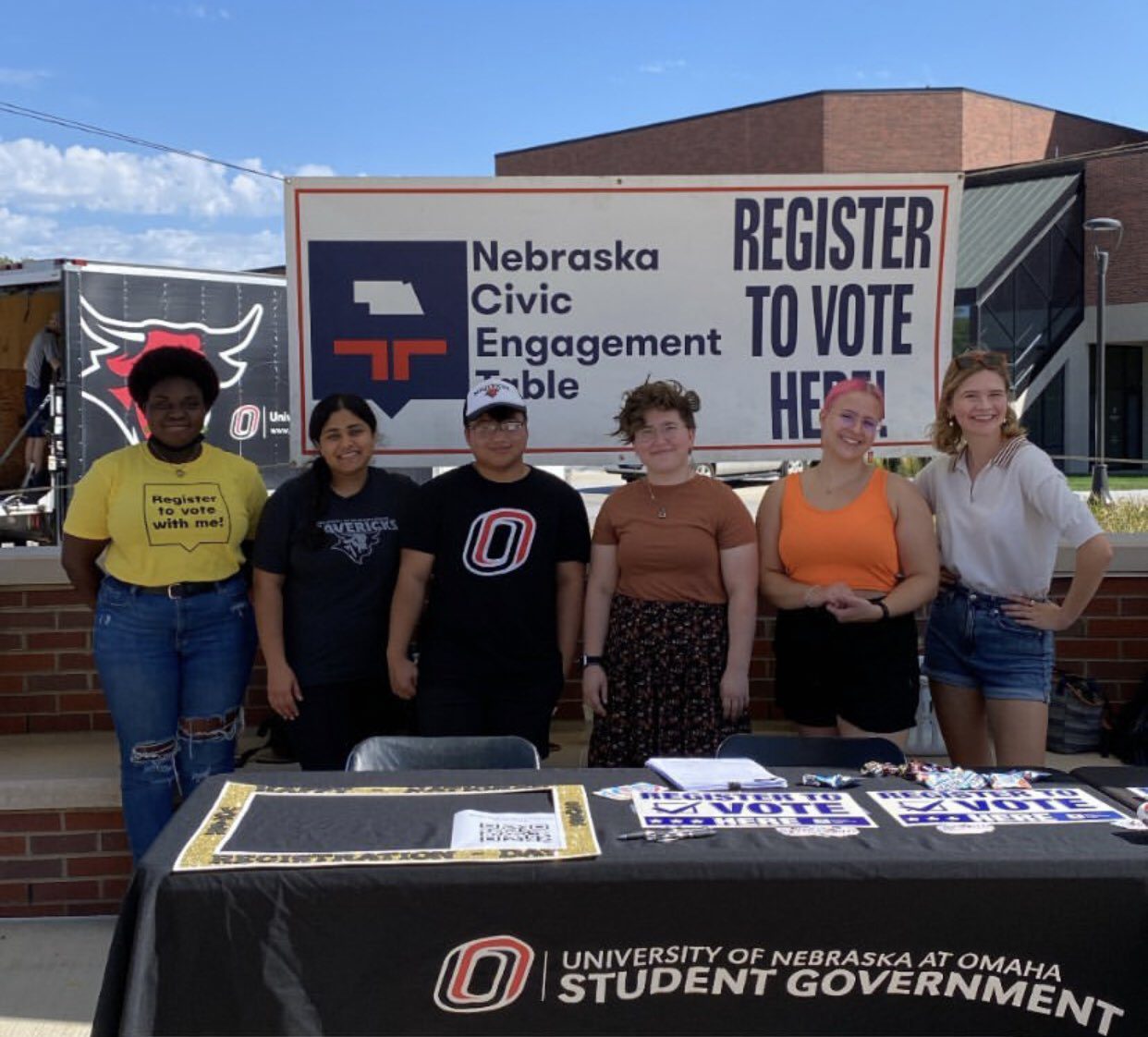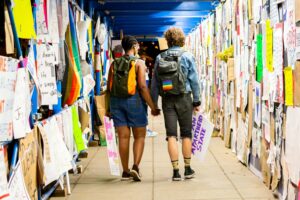At State Voices, we recognize that changing hearts and minds is necessary to create the justice-filled future that we want to see. Time has proven that tapping into culture is one of the best ways to achieve this goal.
Art allows us to explore our imaginations as we envision a liberated world that has not yet existed. It’s important to lift up the work of artists using their voices for power. That’s why we started the Freedom Art Collaborative, a cohort of several BIPOC artists using various mediums to fight for a liberated future.
Society has long prioritized the perspectives of the rich and famous—celebrities and the one percent—for their takes on inequality. But cultural workers doing on-the-ground work have so much to say, and so much power with which to build a liberated world. It’s important that we lift up the work of those who are using their talents to use their voices for power.
The artists highlighted below are using various mediums to fight for the goal of a liberated world. Read more below, and visit The Culture section of this website to see more art.
Antonius Bui

Antonius Bui (they/them) is a poly-disciplinary artist best known for their intricate cut-paper pieces, that range from sculptures to fashion.
Antonius is the child of two Vietnamese refugees, Paul and Van Bui. This Vietnamese-American aspect of their identity in addition to being queer and gender non-binary, are all highlighted and are oftentimes the subject matter of their art.
In an interview with Curator, Antonius said, “[a]s a queer, gender-nonbinary, Vietnamese-American artist, I rarely ever see myself reflected in history and cultural institutions. My work demands to take up space in a still predominantly white, heterosexual, cisgender art world. I simply create objects, performances, and spaces that reflect how I navigate this dimension.”
Further, they often “view paper as a metaphor for history”; this gives a very literal meaning to the deconstruction of the white (supremacist) canvas as they work on hand-cut paper sculptures.
“I often times view paper as a metaphor for history. When I am working on these hand-cut paper sculptures, I actively carve out space for histories that are actively forgotten and erased in this white supremacist nation. The reductive process deconstructs the white canvas, revealing more and more truths with every slice.”
Antonius’s art for the Freedom Art Collaborative includes doodles of protestors and freedom fighters holding a variety of protest signs. Some of the signs are blank so that you can add download the art and add your own message!
Learn more about Antonius Bui at http://www.antoniusbui.com/.
Jen White-Johnson

Jen White-Johnson (she/her) is a disabled designer whose work challenges the erasure of Black disabled people in digital and literary media.
The visuals she makes using photo and design are her own acts of resistance that amplify perspectives of disabled people, igniting the continued need to develop anti-racist, anti-ableist media. When her son, Knox, was diagnosed with autism at the age of 2, she began noting the absence of Black, disabled children in media.
“As an artist-educator with Graves disease and ADHD, her heart-centered and electric approach to disability advocacy bolsters these movements with invaluable currencies: powerful, dynamic art and media that all at once educates, bridges divergent worlds, and builds a future that mirrors her Autistic son’s experience,” Jen’s website says.
Her work reminds us that we can not achieve a liberated future until “communities engage in the discourse of acceptance and ensure that Black neurodivergent children are valued and seen.”
Jen’s art for the Freedom Art Collaborative includes a collage using a photo Fannie Lou Hamer surrounded by the phrase “Justice for Black Mamas” repeated three times. Fannie Lou Hamer was a disabled Black organizer and civic engagement advocate who also went experienced reproductive oppression.
Learn more about Jen White-Johnson at http://jenwhitejohnson.com/.
Mojo Disco

Mojo Disco (she/her) is a Black Trans community activist and personality. As a Queen of the Trans Revolution, it’s an honor to incorporate her vision of BIPOC power in our fight for a healthy democracy. She calls us to our more liberated home by centering equality and love through poetry, photography, graphic design, and modeling. Miss Mojo embodies what it means to be BOLD, BLACK, and FREE.
Mojo Disco uses art, film, and aesthetic to challenge the status quo. The liberated world we’re fighting for must be inclusive of everyone’s innate humanity. Marginalized identities and communities are systematically denied humanity and accessible space. We’re proud to show ourselves and each other love as an energizer for our fight.
Mojo Disco created a variety of art for the Freedom Art Collaborative, including a digital collage of her face and the words “Black Trans Lives Matter.”
Learn more about Mojo Disco at mojodisco.com.
Yessica Jimenez

Yessica Jimenez (she/her), also known as Xeroine Illustration, is a Xicana illustrator and visual artist based in Milwaukee, Wisconsin.
Yessica’s art embodies self-determined personhood and distinct aspects of her identity.
For many BIPOC people, our varied identities are ground zero for understanding the complex web of oppression that has shaped our experience. We’re grateful and inspired by Yessica’s work.
Yessica’s illustrations and paintings are personal reflections of her identity and experiences, offering a way for individuals and communities to connect to shared visions, feelings, and representations.
When we asked Yessica Jimenez “what organizing BIPOC power looks like to you,” we knew the results would be stunning, but we never expected this level of greatness.
Yessica created several pieces for the Freedom Art Collaborative, including the two gifs above. One is an illustration of a megaphone with the words “Defund Police,” and the other is a butterfly flying out of a broken cage with the words “Abolish ICE.”
See more art from Yessica at http://www.xeroineillustration.com/.
Dale Deforest

As a father, illustrator, and storyteller, Dale Deforest’s (he/him) artwork inspires action and curiosity by weaving together complex personal experiences, Native American cultural components, and popular culture, packaged as bold imagery matched with bright and vivid colors.
Dale grew up in the 4-Corners area of the Navajo Nation. He graduated High School from the Navajo Preparatory School then studied 2-D Arts and Photography at the Institute of American Indian Arts (IAIA) in Santa Fe. Dale graduated IAIA in the summer of 2000.
Dale tells a uniquely powerful story in his art that is breathing new life into our vision for BIPOC political power.
Dale’s art celebrates Native American and Indigenous cultural roots and inspire artists to envision the world they want to see. His love for his craft shows in the skill, detail, and creativity.
Dale’s pieces of art for the Freedom Art Collaborative includes a beautiful illustration of three children holding a sign that says “Honor Our Voice.”
See more art from Dale at http://www.daledeforest.com/.
Cheeno Ghee
Cheeno Ghee (she/her), a rapper in the NC music scene, is moving generations with soulful storytelling that explores the multitudes and power of Blackness.
We love their new song “BlackStar,” a celebration of Black power created for the Freedom Art Collaborative! We feel renewed energy and Black joy after listening to Cheeno Ghee’s music. Our vision for BIPOC political power centers on listening and responding to marginalized communities’ needs and experiences. BlackStar is a guide, a story, and a mandate for Black folks to live boldly and proudly.
“In order to write this song I had to be in a space of 1000% pride. In my skin. In my present. And in my why,” Cheeno Ghee says. “I want to have power and security in my own reflection. The feeling of recording this song was a combination of all that and the straight up pride I felt being Black.”
